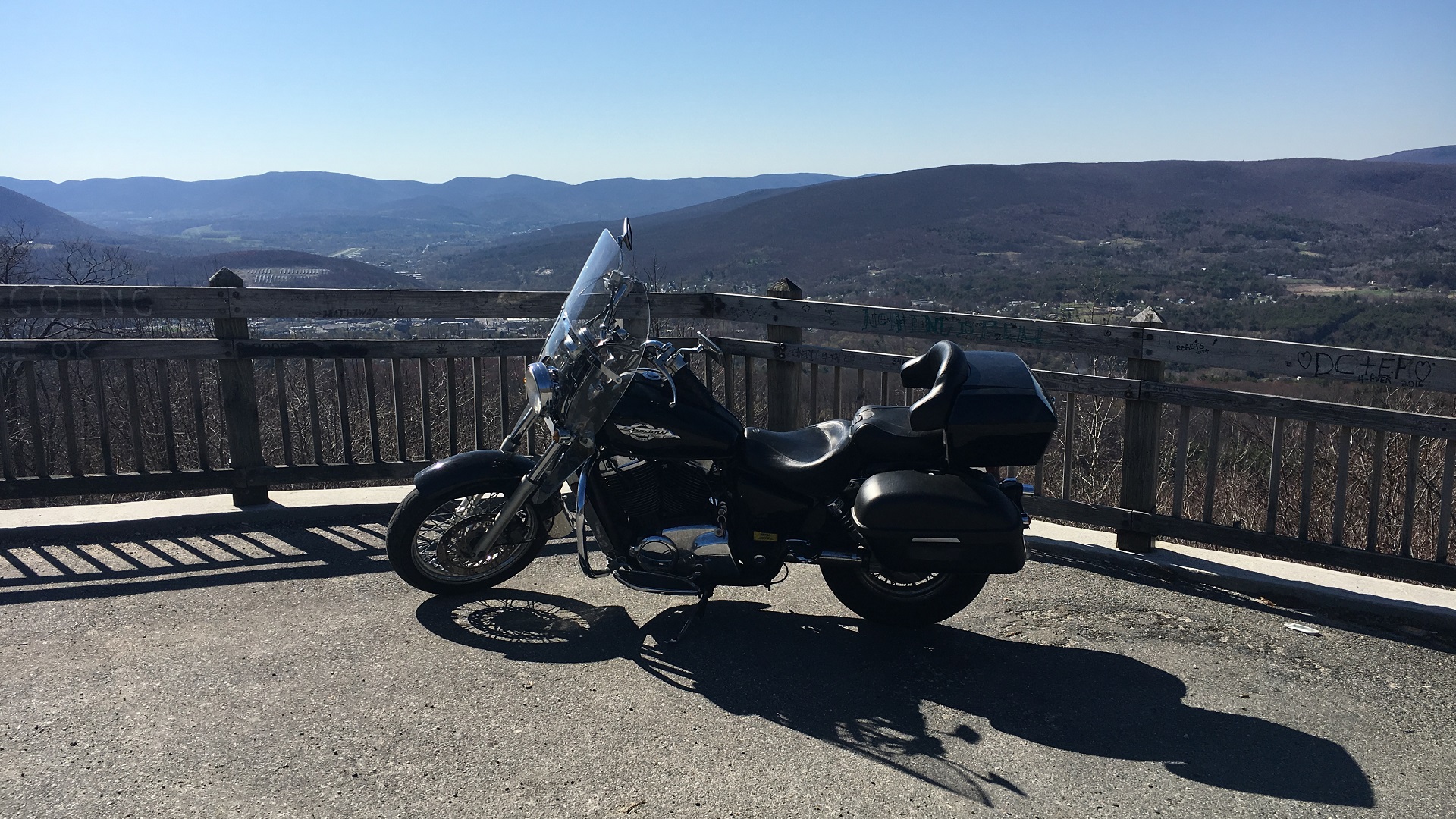

Harley-Davidson owns the American cruiser market. In the 1990s, Harley was the only game in town, since Victory wasn’t around yet and the Indian brand was in between owners. So-called “metric cruisers” from Japanese manufacturers had existed for a while, but no one would mistake one for a true American cruiser. Honda tried to change that by introducing a new version of the Shadow called the ACE, or “American Classic Edition.”
It took the American cruiser styling even further than the standard Shadow, with long fenders and a teardrop gas tank very much like a Harley. They even switched their V-twin engines from their standard dual pin crank to a single pin to get the stereotypical Harley engine note. Honda even printed “Made In USA” on the seat to remind everyone that despite being a Japanese company, this bike was just as American as any iron from Milwaukee.
This didn’t sit too well with Harley-Davidson. They filed lawsuits against Honda not only for copying their styling too closely but also for violating their sound trademark on the lope of a single pin crank V-twin. While sound trademarks are legitimate for short distinctive jingles, like the NBC chimes or 20th Century Fox fanfare, Honda argued that you couldn’t trademark the sound of an engine, particularly one like a V-twin that is common among many manufacturers. Yet there was little question the Honda had intentionally tried to mimic Harley’s sound with the single pin crank they used in the Shadow ACE. This change actually cost the engine 10 horsepower compared to its dual pin version, yet Honda seemed to believe that the loss in power would be worth the gain in cruiser cred.
Harley’s lawsuit against Honda lingered on into the early 2000s, with neither side ever really making a decisive argument. In the end, Harley-Davidson ended up dropping the case. By then, Honda had quietly discontinued the American Classic Edition of the Shadow. It seems the two brands agreed to disagree and just made the problem go away.